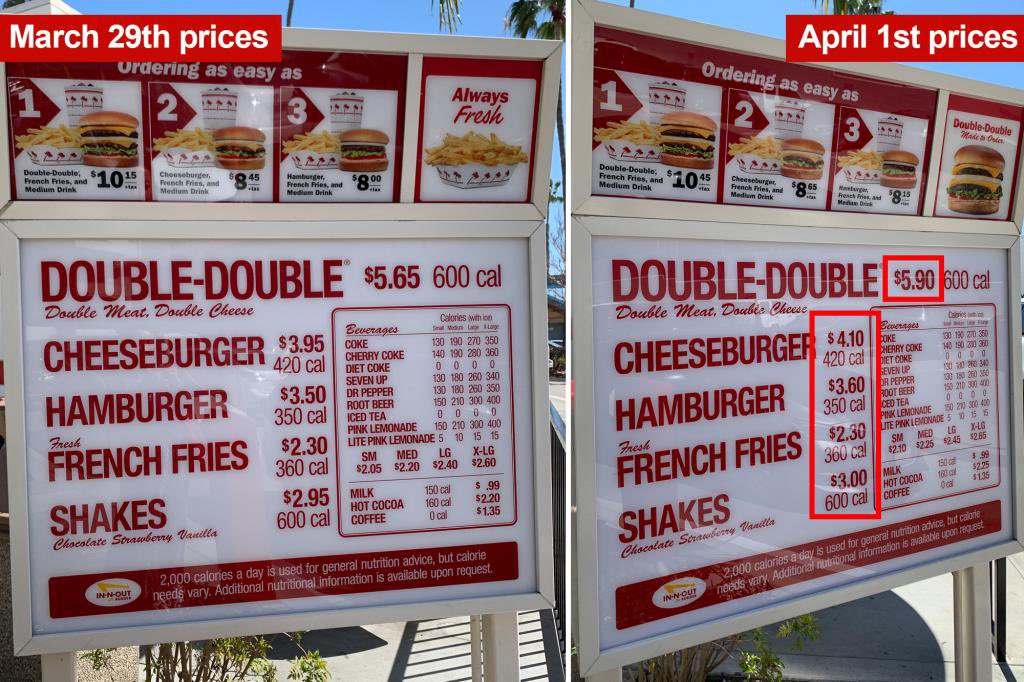California has faced a public backlash over Assembly Bill 5 (AB5) that took effect January 1, 2020 classifying freelance workers as employees. AB5 effects job categories such as truck drivers, hairdressers, rideshare drivers and one of the most vocal groups, journalists. By changing the definition of a freelance worker, AB5 prevents an independent worker from working part-time or on a temporary contract basis. Under AB5, Journalists, as an example, can no longer write and submit work to different publishers; they must work for one exclusively.
In an attempt to overturn AB5, voters overwhelmingly supported Proposition 22 which passed 58-42 in November 2020.
In 2021, a California judge, ruled Proposition 22 was unconstitutional in response to a lawsuit filed by the labor union Services Employees International Union (SEIU). In the last few weeks, the First District Court of Appeals overruled the lower court allowing ride-sharing apps Uber and Lyft to treat drivers as contractors instead of full-time employees again.
The battle over Proposition 22 is a litmus test for similar legislation passed in Washington in 2022. House Bill 2076 (HB 2076) puts restrictions on Transportation Network Company (TNC) workers on when and how they work.
Proponents of the legislation say that it gives the temporary worker the same protections and rights as a full-time employee has today. However, that’s not how it turned out in California. Hundreds of thousands of jobs have been eliminated as a result of AB5 becoming law. Many workers don’t want or need full-time employment and the government should not be deciding what jobs they can and cannot accept.
The re-instatement of the voter approved Proposition 22 is an interesting turn of events and may have a positive effect on the TNC drivers and riders in Washington State should something similar pass here.






